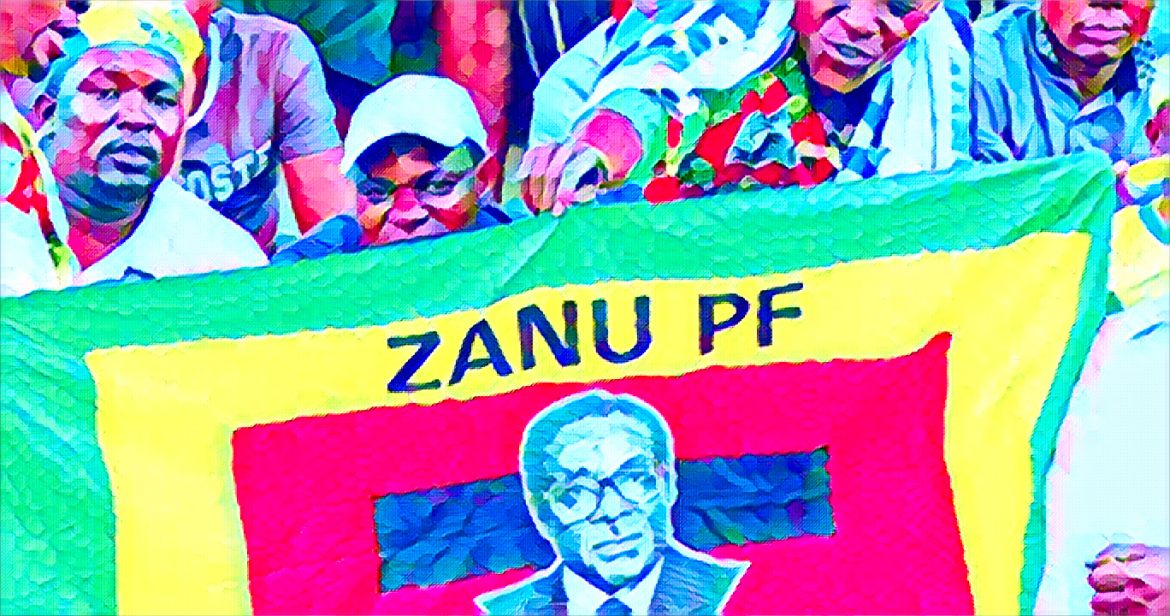Zimbabwe’s human rights situation is being compromised by excessive political interference, according to the Chairperson of the Zimbabwe Human Rights Commission (ZHRC). The chairperson highlighted that political biases are undermining efforts to address human rights issues effectively.
The ZHRC has been grappling with a series of challenges as it seeks to hold authorities accountable and promote justice. However, the commission’s ability to operate independently is being hindered by the politicization of human rights issues. This interference not only disrupts the commission’s work but also impedes the overall progress toward human rights improvements in the country.
In recent years, Zimbabwe has faced increasing criticism from international human rights organizations over its record. Despite efforts by the ZHRC to address these concerns, the political landscape has made it difficult for the commission to work without external pressures influencing its operations. Political leaders and government officials are often accused of manipulating human rights discourse to serve their interests, which weakens the effectiveness of the commission’s mandate.
The ZHRC Chairperson’s remarks come amidst ongoing debates about the state of human rights in Zimbabwe. Many advocacy groups argue that the lack of genuine progress is a result of systemic issues rather than isolated incidents. The politicization of human rights has been a recurring theme, affecting various aspects of governance and civil society.
Despite these challenges, there are signs of hope. Civil society organizations and activists continue to push for reforms and greater transparency. Their efforts are crucial in ensuring that human rights remain a priority, and their resilience offers a beacon of hope for a more just future.
As Zimbabwe navigates these complex issues, the role of independent human rights bodies like the ZHRC becomes even more vital. It is essential for these organizations to operate free from political pressures to effectively promote and protect human rights. The commitment of civil society to advocating for change and holding those in power accountable remains a powerful force for progress.
The path ahead may be challenging, but the continued dedication of human rights advocates and organizations signals a commitment to overcoming these obstacles. With persistent efforts and a focus on genuine reform, Zimbabwe can aspire to a future where human rights are upheld and protected for all its citizens.
Source: New Zimbabwe


